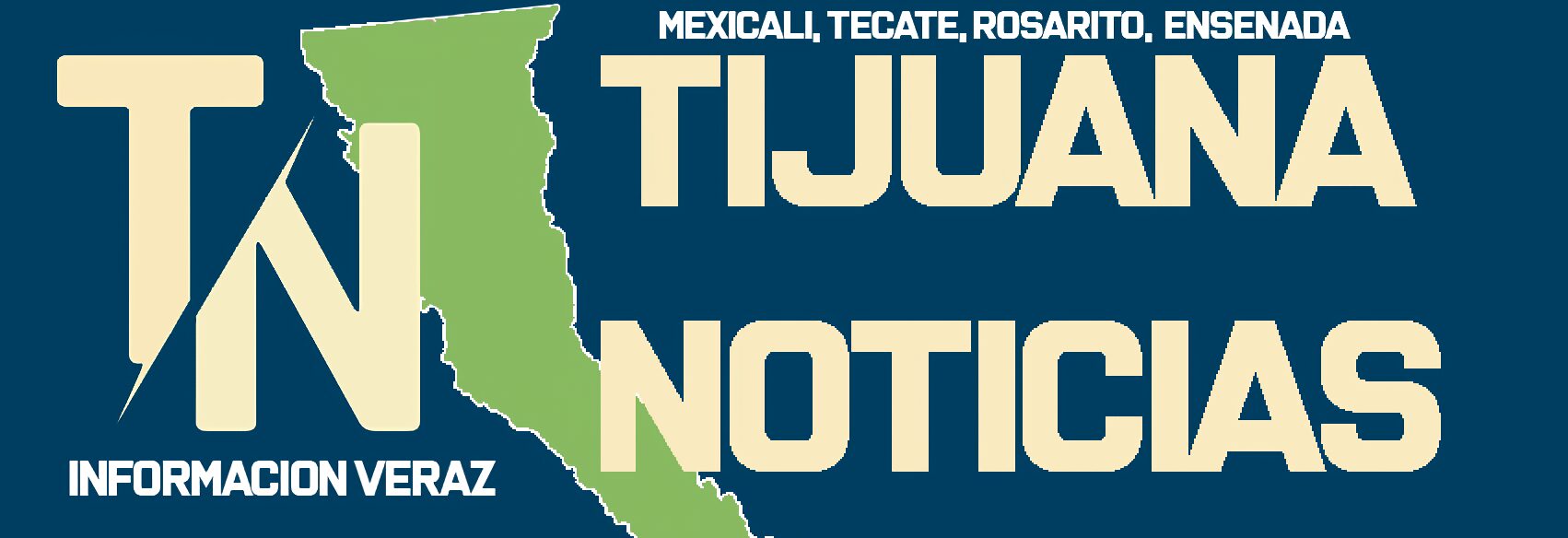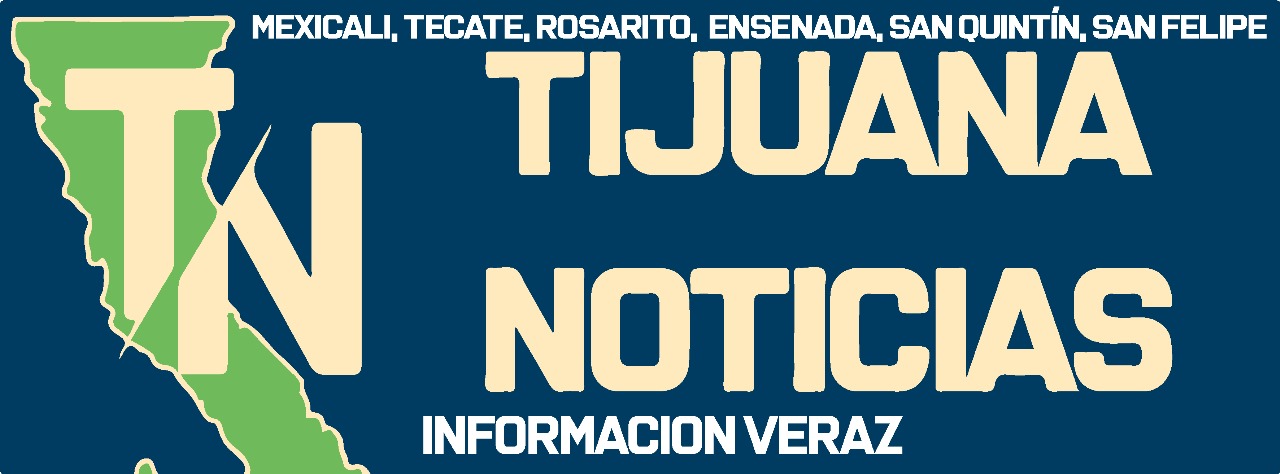· El serial de pesca deportiva inicia 12 y 13 de mayo en San Felipe y ha incrementado el interés de turismo que gustan de esta actividad recreativa
ENSENADA, B.C.- Domingo 1 de mayo de 2016.- El Campeonato Internacional de Pesca Deportiva “Pesca la Baja”, promovido por el Gobierno del Estado a través de la Secretaría de Pesca y Acuacultura (SEPESCA), iniciará en San Felipe el 12 y 13 de mayo, con una expectativa de más de 800 participantes en todo el serial, dado el interés que ha despertado entre el turismo que gusta de esta actividad recreativa en el noroeste de México y el sur de Estados Unidos.
De acuerdo con datos proporcionados por la SEPESCABC, por segundo año consecutivo este campeonato se realizará en la Bahía de San Luis Gonzaga (10 y 11 de junio), además de sus ya tradicionales sedes de Bahía de los Ángeles (15 y 16 de julio), San Quintín (19 y 20 de agosto) y la gran final en Ensenada (23 y 24 de septiembre).
En la edición 2015, Pesca la Baja logró un registro superior a los 700 participantes inscritos en los cinco torneos, una cifra histórica en comparación con eventos similares celebrados años anteriores, y de acuerdo con las estimaciones de los organizadores, se espera que la cifra pueda crecer en forma significativa, dada la promoción que se ha hecho en los foros más importantes del mundo en la materia.
Este año, el campeonato internacional repartirá premios en efectivo y en especie por más de un millón de pesos a lo largo de los cinco torneos, incluida una embarcación para quien logre el mayor puntaje al final del serial.
Como en ediciones anteriores, en cada sede se premiará a los mejores cinco lugares de las categorías de fondo y de superficie, lo mismo para adultos que para niños, además de que se realizarán rifas de artículos de pesca deportiva.
Cabe destacar que “Pesca la Baja” es un campeonato que busca fomentar la sana convivencia, pero al mismo tiempo la protección de las especies y la práctica sustentable de una actividad eminentemente turística, por lo que se organiza con estricto apego a lo dispuesto en la Ley General de Pesca y Acuacultura Sustentables.
Todos los participantes, además del pago de una inscripción de 600 pesos para los adultos y 200 para los niños, deben contar con su permiso federal de pesca deportiva vigente, se indicó.


















As of 2015, Nigeria is the world’s 20th largest economy, worth more than $500 billion and $1 trillion in terms of nominal GDP and purchasing power parity.
During the oil boom of the 1970s, Nigeria joined OPEC and the tremendous earnings created made the economy more affluent.
Despite enormous earnings from oil production and sale, the
military administration did little to enhance the standard
of living of the population, help medium and small businesses, or invest in infrastructure.
As oil revenues fuelled the rise of federal subventions to states, the government became the brink of power and the centre of political struggle in the nation. As oil production and sales rose,
the Nigerian authorities became increasingly determined by
petroleum sales and the international commodity markets for economic and budgetary concerns.
It failed to develop other sources of the market for economic stability.
That spelled doom to federalism in Nigeria.
In the 2014 ebola outbreak, Nigeria was the first country to effectively check and eliminate the Ebola danger that was ravaging three other states in the West African region, as its
exceptional approach to contact tracing became an effective strategy after used by other countries, such as the Usa, when Ebola dangers were
discovered.
Nigeria is divided roughly in half between Christians, who live mostly in Muslims in the northern area, and the southern area of the nation. A minority of the population practise religions indigenous to Nigeria, for example those native to Yoruba and Igbo peoples.
Nigeria attained independence from the United Kingdom as a Commonwealth Realm on 1.
Nigeria’s government was a coalition of conservative parties: the Nigerian People’s Congress (NPC),
a party controlled by Northerners and those of the Islamic faith, and the Igbo and Christian-dominated National Council of Nigeria and the Cameroons (NCNC) directed by Nnamdi Azikiwe.
Azikiwe became Nigeria’s maiden Governor-General in 1960. The
opposition consisted of the relatively liberal Action Group (AG), which was largely dominated by the Yoruba and
led by Obafemi Awolowo.
Nigeria is regarded as an emergent marketplace by
the World Bank;It has been identified as a regional power on the African continent,
a middle power in international affairs, and has also been identified as an emerging global power.